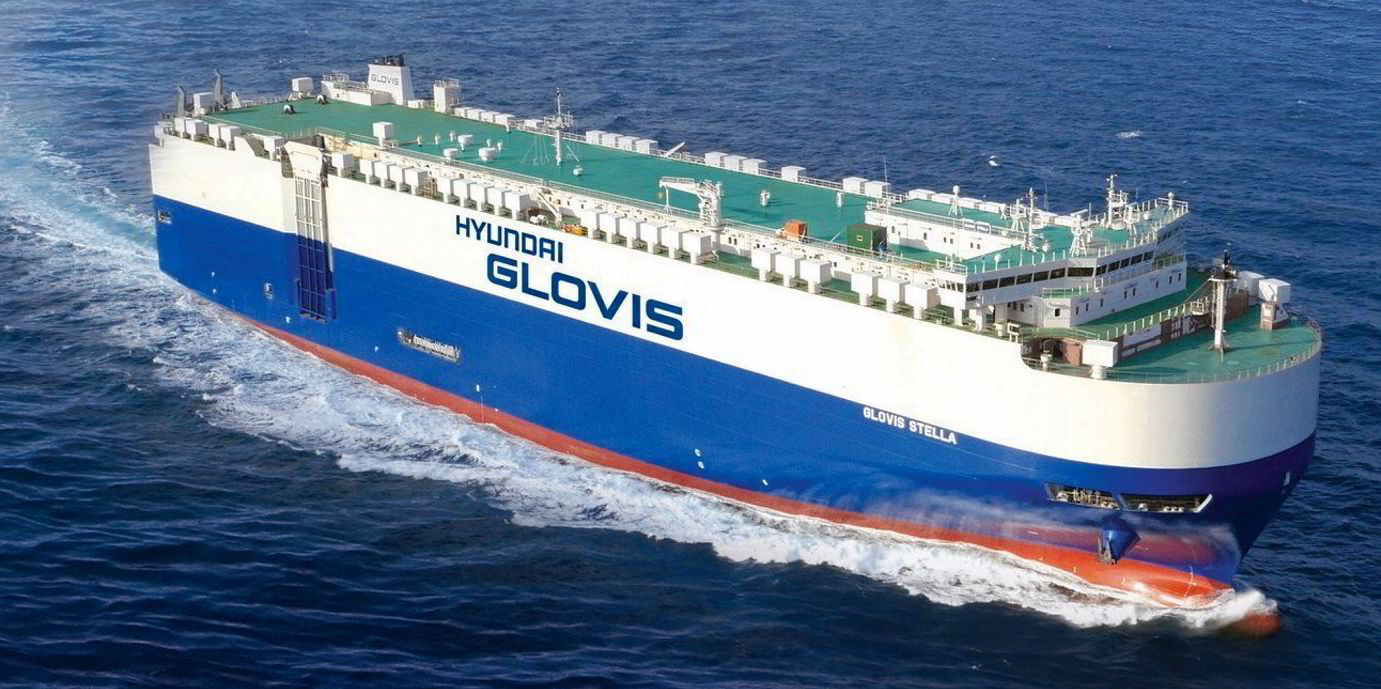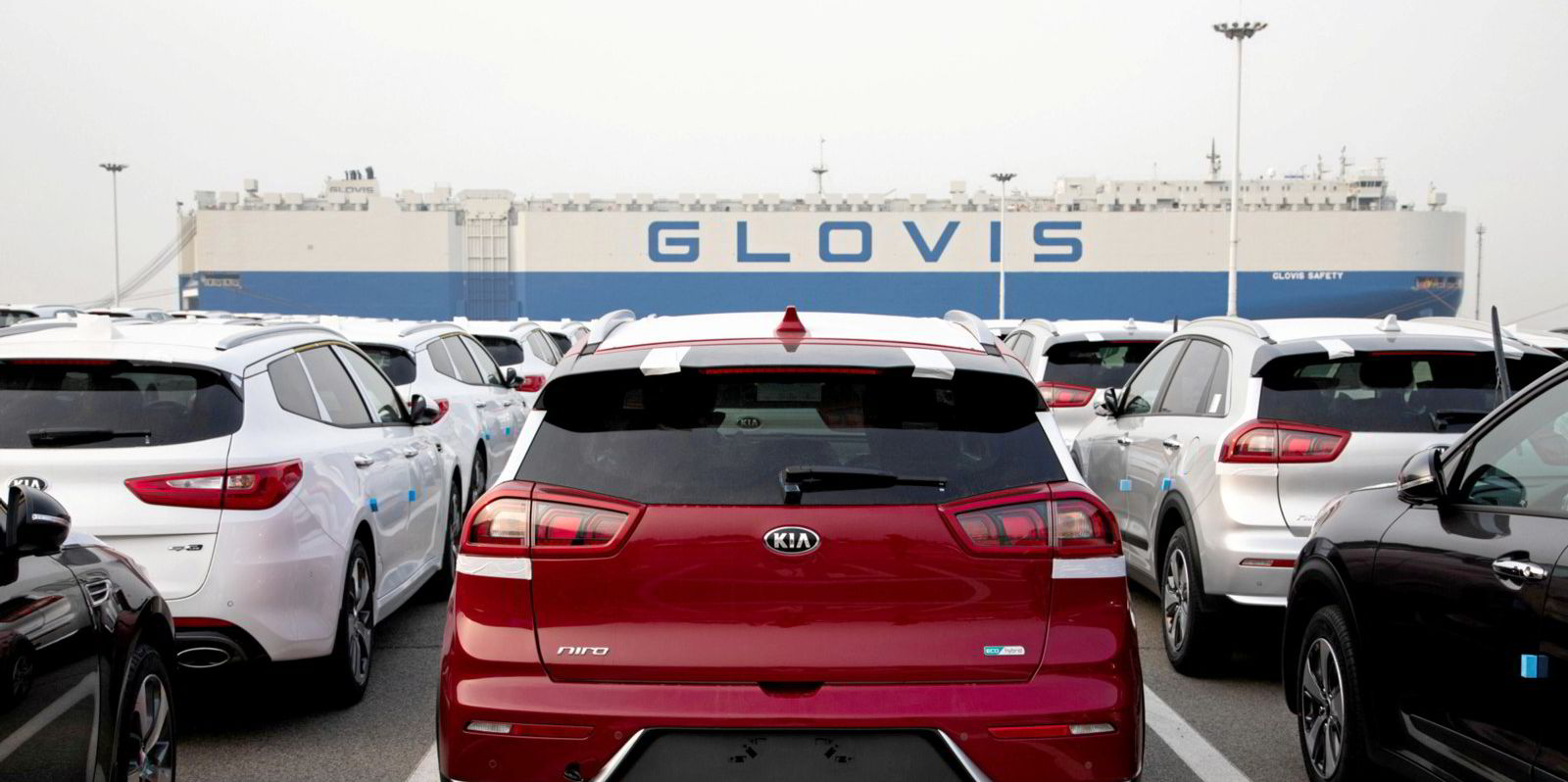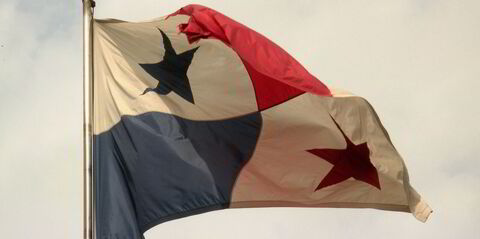Shares in Hyundai Glovis are being held back by new share ownership rules due to come into force in South Korea next month, says a top industry analyst.
Amendments to the Monopoly Regulation & Fair Trade Act seek to reduce the current 30% threshold controlling families can have in a company to 20%.
In the case of Hyundai Glovis, this would require the controlling Chung family to reduce its 29.9% stake to the new level or face a fine.
"The Glovis share price has corrected by 17% year to date despite its strong recovery in earnings in the third quarter, which came in ahead of consensus expectations," said Nomura South Korea transport analyst Angela Hong.
"We attribute the share price weakness mostly to ownership overhang: under the amended Fair Trade Act, the Chung family may sell down their stake in Glovis from 29.99% to below 20% to avoid regulatory scrutiny.
"In a worst-case scenario, the owner family may decide to maintain the current stake holding, in which case the Fair Trade Commission [FTC] may investigate to see if Glovis has unfairly taken orders from the Hyundai Motor Group's affiliated companies, and, if so, FTC has the right to order changes in the business practice and levy a penalty."
Despite the uncertainty, Nomura has upgraded the company to a "buy" and raised its target price to KRW 200,000 ($168) per share, an upside of more than 25%.
Car carrier freight rates spiked in 2021 as shipping firms struggled to keep up with the jump in trade volume.
"We think logistics demand of the auto industry will remain strong in 2022, as automakers are trying to replenish car parts and finished car inventory globally," Hong said.
"A key swing factor, in our view, is freight rates rising faster than volume, while we think Glovis will maintain stable yet solid operating margin, as many of its businesses are based on cost-plus pricing strategy."
Nomura is predicting a full-year net profit of KRW 719bn, up 12% on its earlier forecasts, while revenue is expected to reach KRW 21.3trn, up 10%.
At the end of the third quarter, Hyundai Glovis operated 84 vessels — 32 owned and 52 chartered for more than 12 months.
Hong said new businesses such as hydrogen logistics and electric vehicle battery recycling and leasing should "drive growth".
"Key downside risks are the bigger-than-expected scale of stake sale by the owner family and/or further tightening of the regulation on companies owned by chaebol families," she added.





